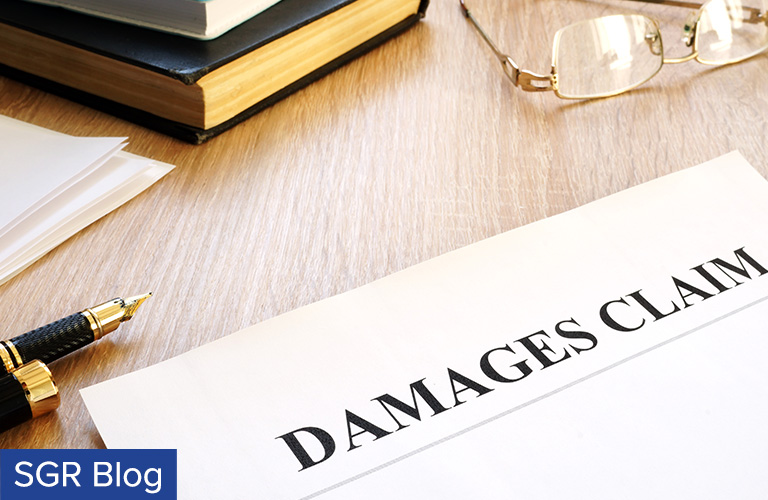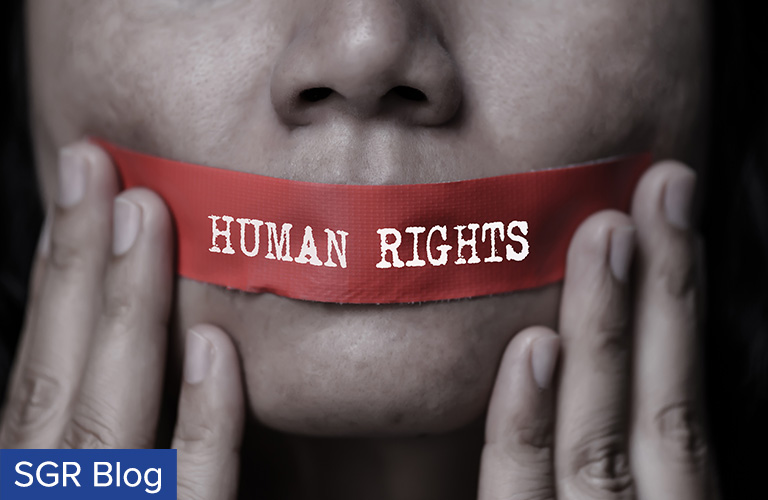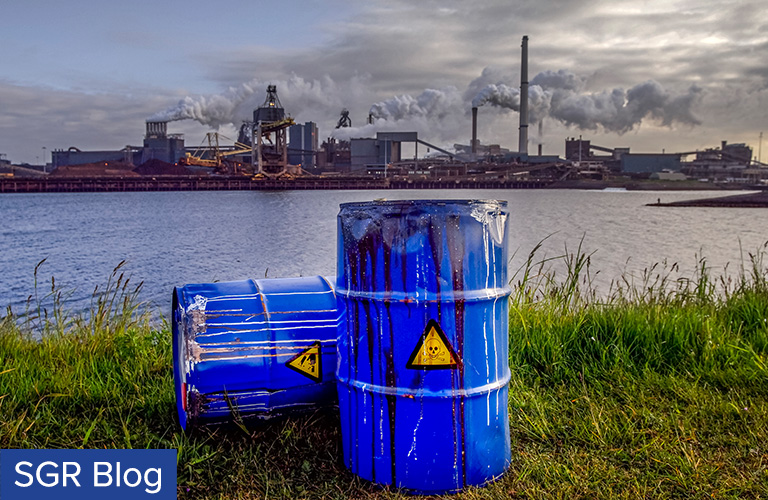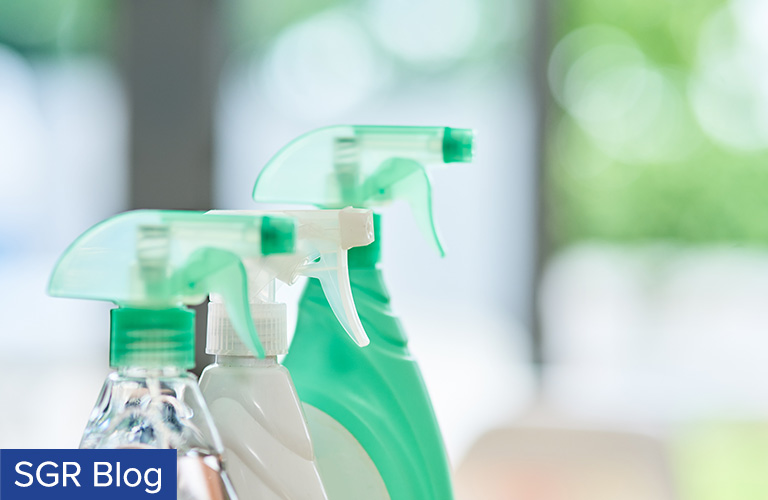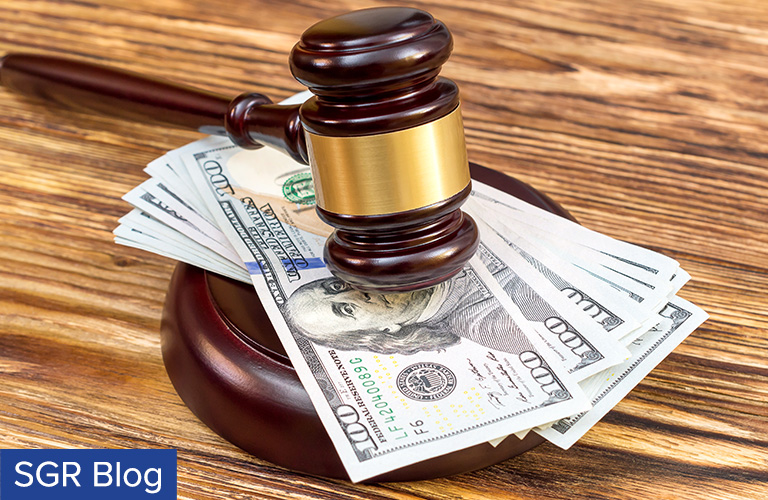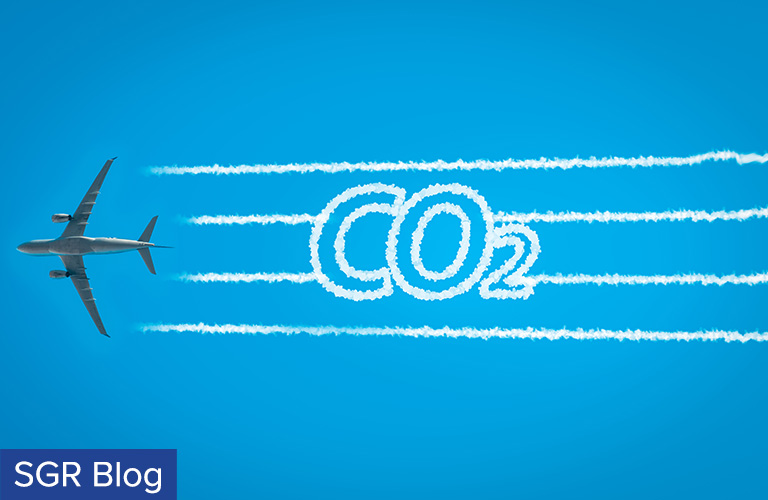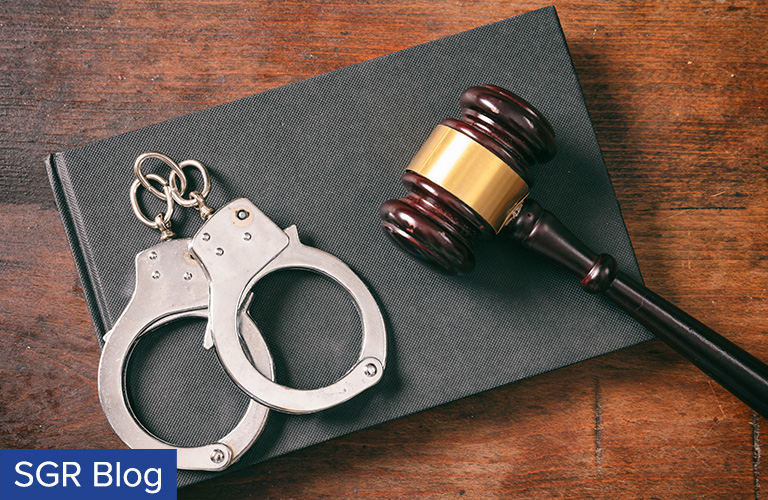
On June 25, 2020, the U.S. House of Representatives and Senate passed identical bills, H.R. 7036 and S. 3377, repealing the sunset provisions of the Antitrust Criminal Penalty Enhancement and Reform Act (“ACPERA”).[1] On October 1, 2020, the President signed into law a continuing resolution. The resolution contains the Antitrust Criminal Penalty Enhancement and Reform Permanent Extension Act, which reauthorizes ACPERA and repeals its sunset provision. [2] ACPERA was enacted in 2004 to encourage antitrust violators to cooperate with government prosecutors and private litigants in antitrust cases. Under the Act, if an amnesty applicant into the Department of Justice’s Antitrust… Read more



